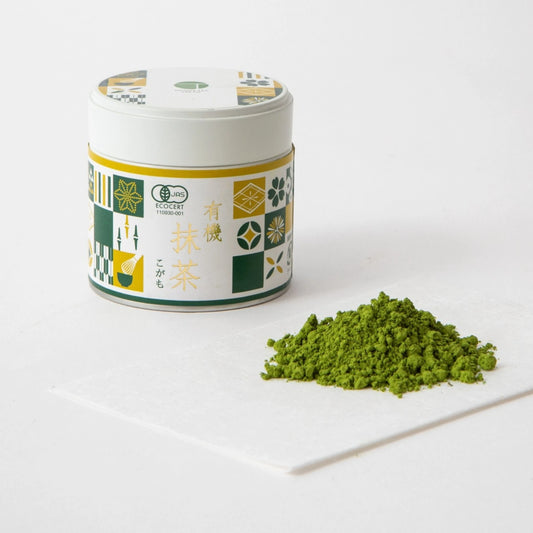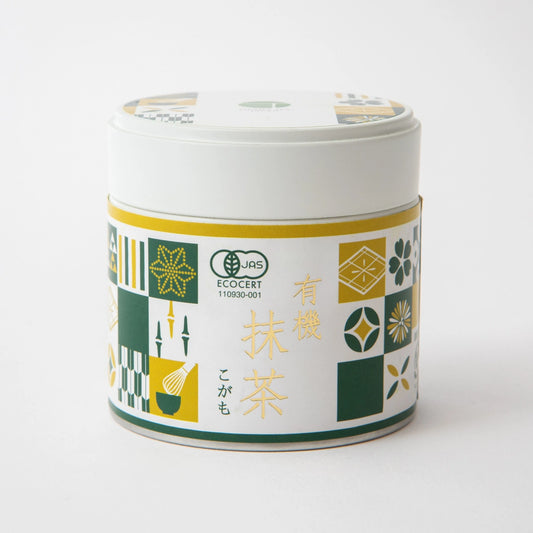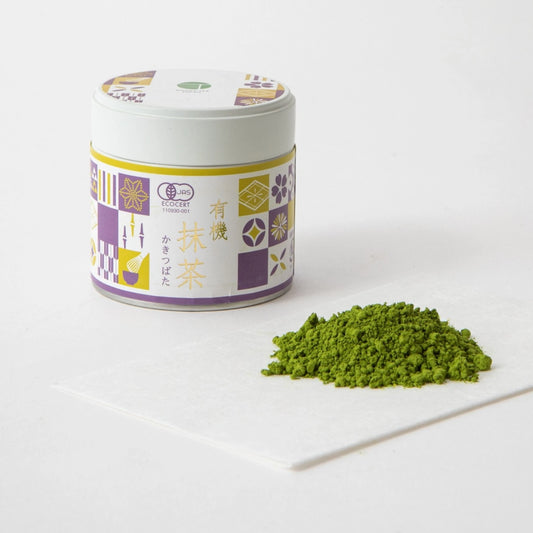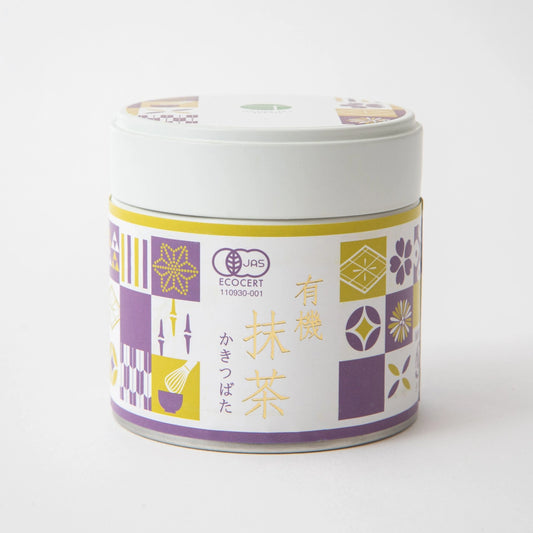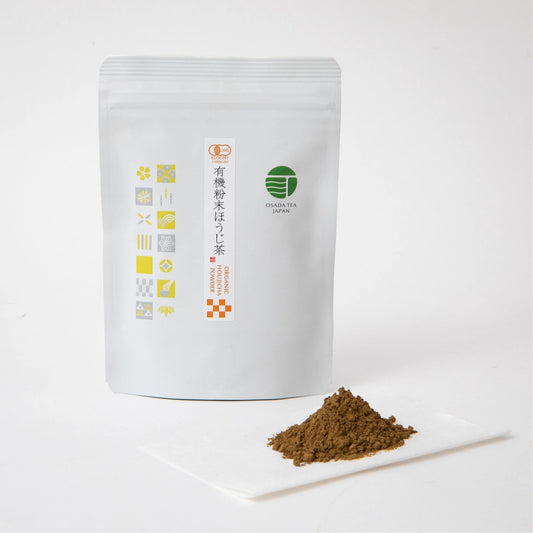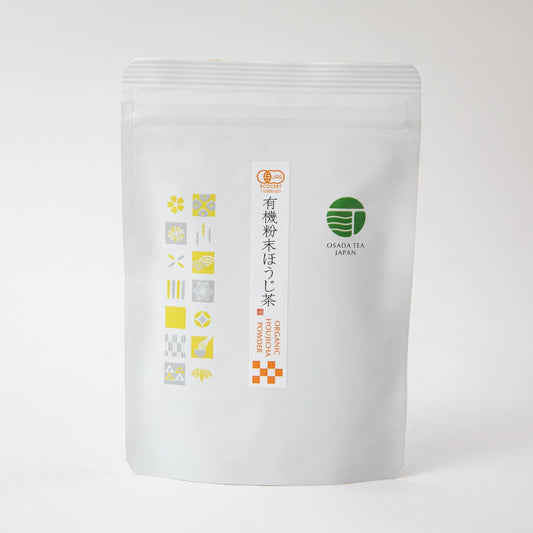Undeniably, Japanese green tea is a crucial backbone of Japan’s beverage culture. From these magical leaves, beloved varieties such as sencha (green tea), hojicha (roasted green tea), and matcha (powdered green tea) have been born. These teas are not only cherished throughout Japan but have, in recent years, captured the hearts of tea lovers around the world, admired not just for their delicious flavor but also due to their perceived health benefits.
Japan’s deep-rooted love for tea traces back to the 8th century, during the Nara period. It is believed that Buddhist monks Kukai and Saicho, after studying religion in China, returned to Japan carrying not only tea and tea seeds but also vital knowledge of tea cultivation. The first form of tea introduced from Tang Dynasty China was said to be brick tea — tea leaves compressed into molds to form bricks or cakes, a method that later became widespread during the Ming Dynasty.
Over the centuries, more monks followed in their footsteps, bringing back seeds and techniques that allowed tea to flourish across Japan, weaving it deeply into the country’s culture and daily life. Tea quickly gained popularity among the imperial court, and when Emperor Saga encouraged the cultivation of tea plantations, seeds were officially imported from China, marking the beginning of Japan’s rich tradition of tea cultivation.
Today, tea cultivation thrives across many regions of Japan, yet Shizuoka stands out as a producer of exceptionally high-quality tea. The region’s unique terroir — a harmonious blend of mountainous terrain and coastal plains — creates a microclimate perfectly suited for tea cultivation.
In Shizuoka, the Tenryu ward of Hamamatsu, particularly Haruno Town, has gained recognition for its dedication to sustainable farming practices. Nestled 300 to 500 meters above sea level, Haruno’s cooler climate naturally repels pests, minimizing the need for chemical interventions. This lower temperature also slows the growth of tea plants, resulting in a tea with a richer, more complex flavor and deeper umami flavor. Thanks to its ideal growing environment and the support of the close-knit collaboration among local farmers, Haruno has become a renowned model for chemical-free tea production. Today, visitors from all over the world come to Haruno to experience firsthand the traditional techniques that have been carefully preserved and passed down through generations.

Osada Tea’s Philosophy and Journey
Founded in 1947, Osada Tea Company is led by third-generation tea master Natsumi Osada, an 8th-dan certified tea appraiser and winner of the 58th National Tea Appraisal Competition. Drawing on his extensive experience and expertise, Natsumi Osada continues to guide the brand’s steadfast commitment to both product quality and sustainability.
Osada Tea has fostered long-term partnerships and close relationships with numerous independent farmers across the Haruno region and along the border of the Enshū-Mori area. Rather than adopting a vertically integrated production model — typically aimed at streamlining operations, cutting costs, and controlling the supply chain — Osada Tea has championed a decentralized, community-based approach. This model not only provides farmers with guidance and training but also offers infrastructure support to help them achieve organic certification.
For Osada Tea, safeguarding the land for future generations is as important as crafting an exceptional cup of tea. This philosophy is evident in their devotion to traditional techniques, such as precise steaming, rolling, and drying, combined with a forward-thinking embrace of modern innovations. The result is a vibrant lineup of teas that beautifully captures the spirit and richness of Shizuoka’s mountainous landscapes in every sip.

Osada Tea’s organic Cultivation: From Farm to Cup
Osada Tea strictly adheres to the Japanese Agricultural Standard (JAS) guidelines, demonstrating its unwavering commitment to purity and authenticity. The company also holds Ecocert certification, confirming that its farming practices meet organic standards recognized in the United States, Canada, and the European Union.
These certifications offer customers, both in Japan and around the world, true peace of mind, ensuring through multiple rigorous checkpoints that Osada Tea’s products are genuinely organic.
At Osada Tea, organic farming is far more than just a marketing term; it reflects a holistic philosophy dedicated to preserving biodiversity, minimizing chemical inputs, and allowing the natural richness of the tea leaf to shine through.
In Haruno’s lush gardens, pesticides and chemical fertilizers are deliberately avoided in favor of healthy soil management and integrated pest control methods. Meticulous record-keeping ensures full transparency at every stage—from planting to harvest. Each harvested batch is carefully documented, allowing it to be traced back to the specific farm, the farmer, and the exact harvest date.
Once picked, the tea leaves are promptly steamed to halt oxidation, then expertly rolled and dried to lock in their distinctive fragrance and flavor. After this initial processing, the leaves follow different paths depending on their intended final form. Leaves destined to become matcha are finely ground using traditional stone mills, transforming them into a delicate, vibrant powder. Conversely, leaves intended for hojicha—prized for its comforting aroma and warm, toasty flavor—undergo a careful roasting process, as the name suggests.
Every cup brewed from these leaves is a testament to Osada Tea’s unwavering commitment to environmental stewardship and to delivering exceptional quality for customers to savor.
Conclusion
At Omakase, we are proud to present the remarkable offerings of Osada Tea —products born from Shizuoka’s singular terroir and shaped by a steadfast commitment to sustainable cultivation and exceptional quality. Osada Tea’s unwavering dedication to environmental stewardship and cultural preservation creates a unique bridge between tea growers and tea lovers around the world.
Whether you’re drawn to the deep, verdant richness of matcha or the comforting warmth of hojicha, each brew is a tribute to a timeless craft that continues to evolve with care and innovation. By choosing Osada Tea, you become part of a living legacy—one that honors tradition while embracing a future rooted in harmony with nature.




